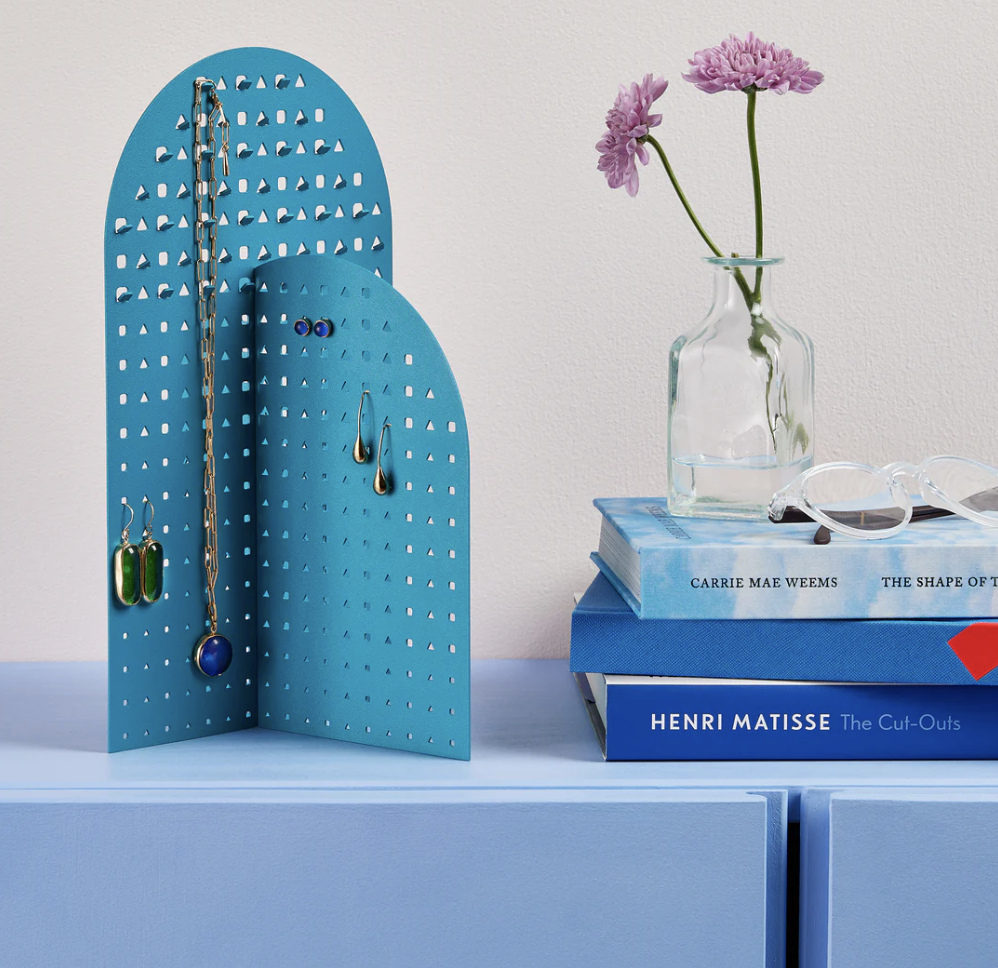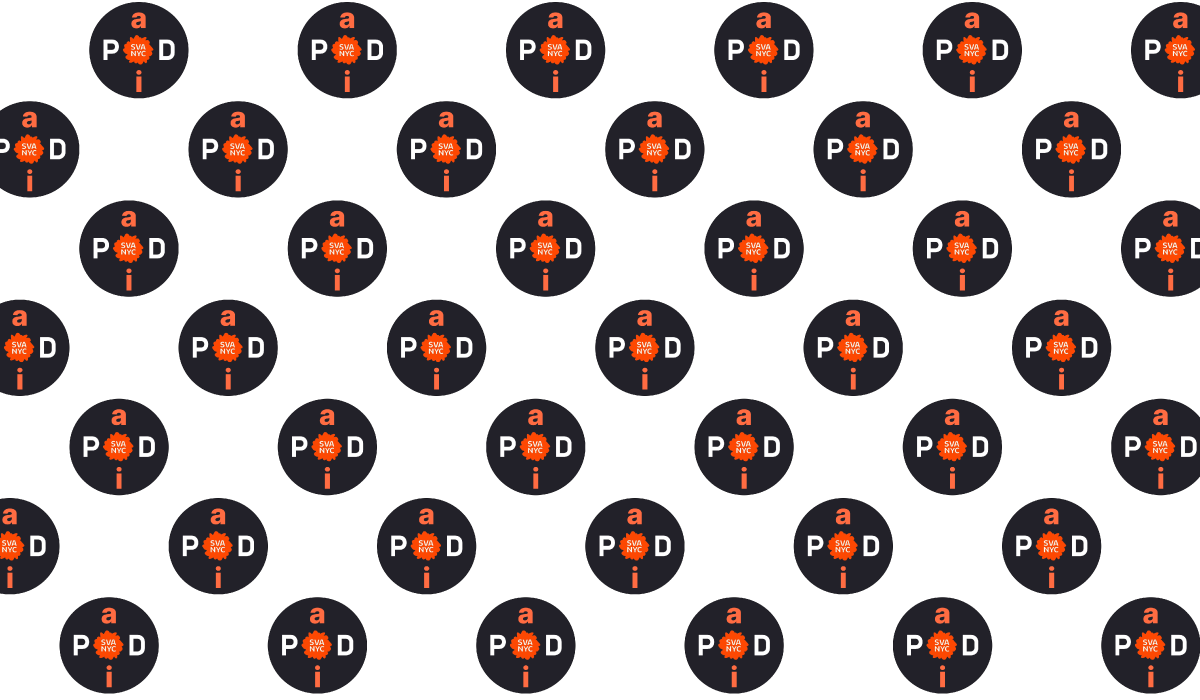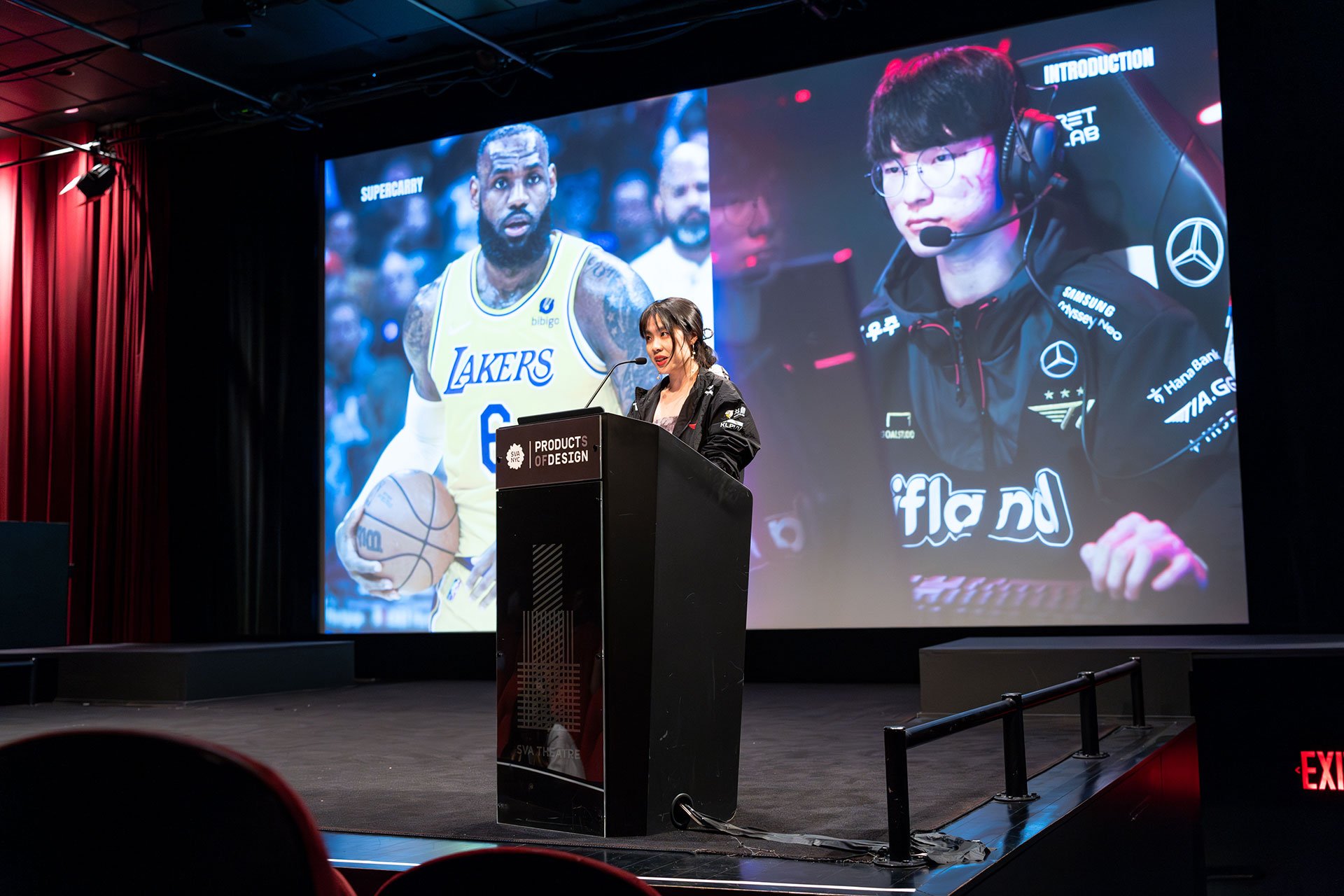Department Blog
Department news, events, and snapshots of student life at SVA in New York City.
Featured Posts
All Blog Posts
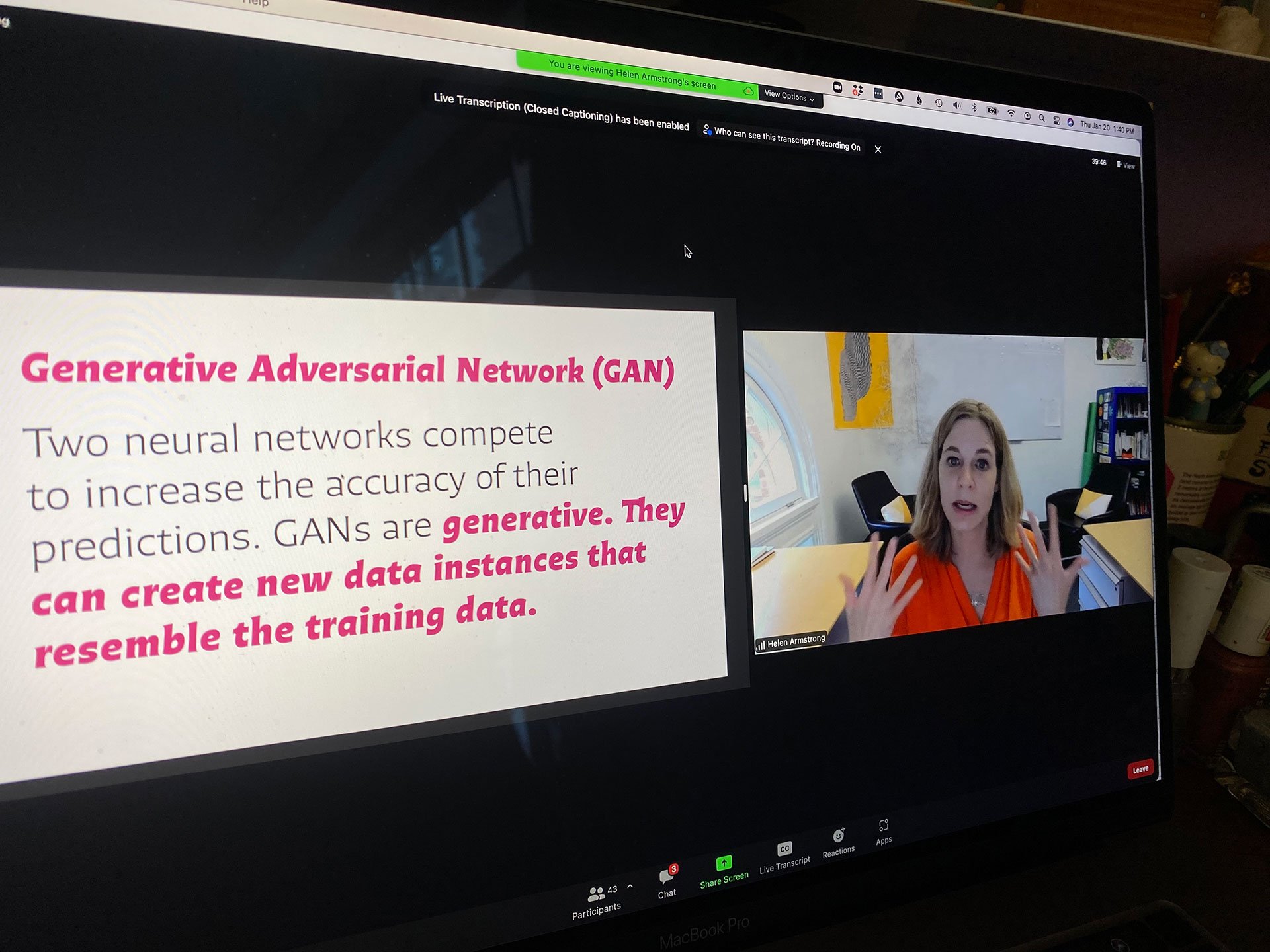
Guest Lecture Video: Helen Armstrong
On January 20, 2022, MFA Products of Design was pleased to host a guest lecture by writer & educator Helen Armstrong. Helen is a professor of graphic design at North Carolina State University. She authored Graphic Design Theory: Readings from the Field (Princeton Architectural Press, 2009) and co-authored Participate: Designing with User-Generated Content (Princeton Architectural Press, 2011) with Zvezdana Stojmirovic.
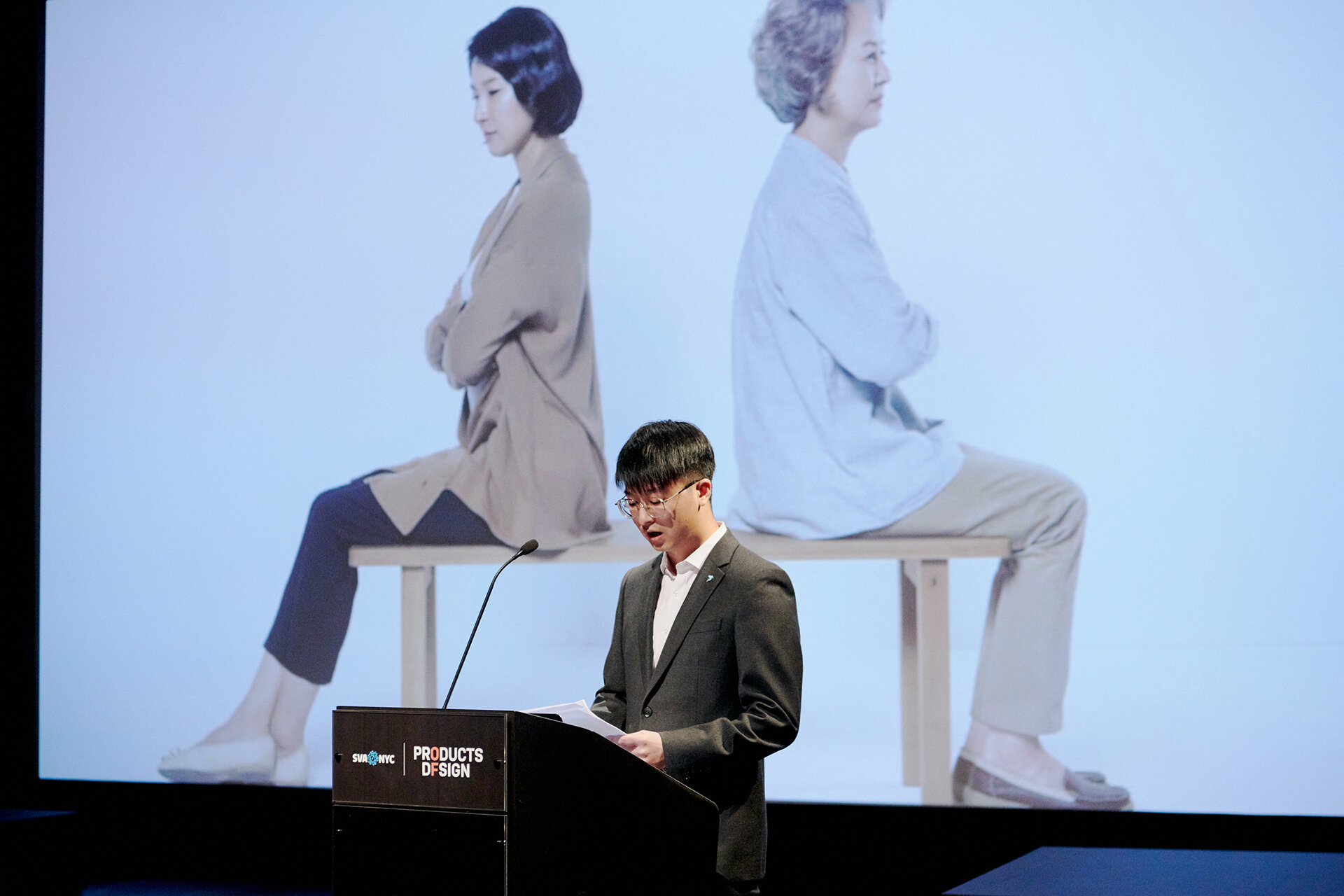
Inter-Generate: A Set of Design Offerings for Chinese Empty Nesters
In his thesis, Inter-Generate: A Set of Design Offerings for Chinese Empty Nesters, Hang “Joey” Yuan deconstructs the "empty-nest syndrome" from three perspectives: medicine, interpersonal relationships, and philosophy. He argues that this is more than a syndrome —it's also a state of mind. Through his research, he discovered that sharing is an effective way to help the elderly change their negative mindset towards living apart from their adult children.
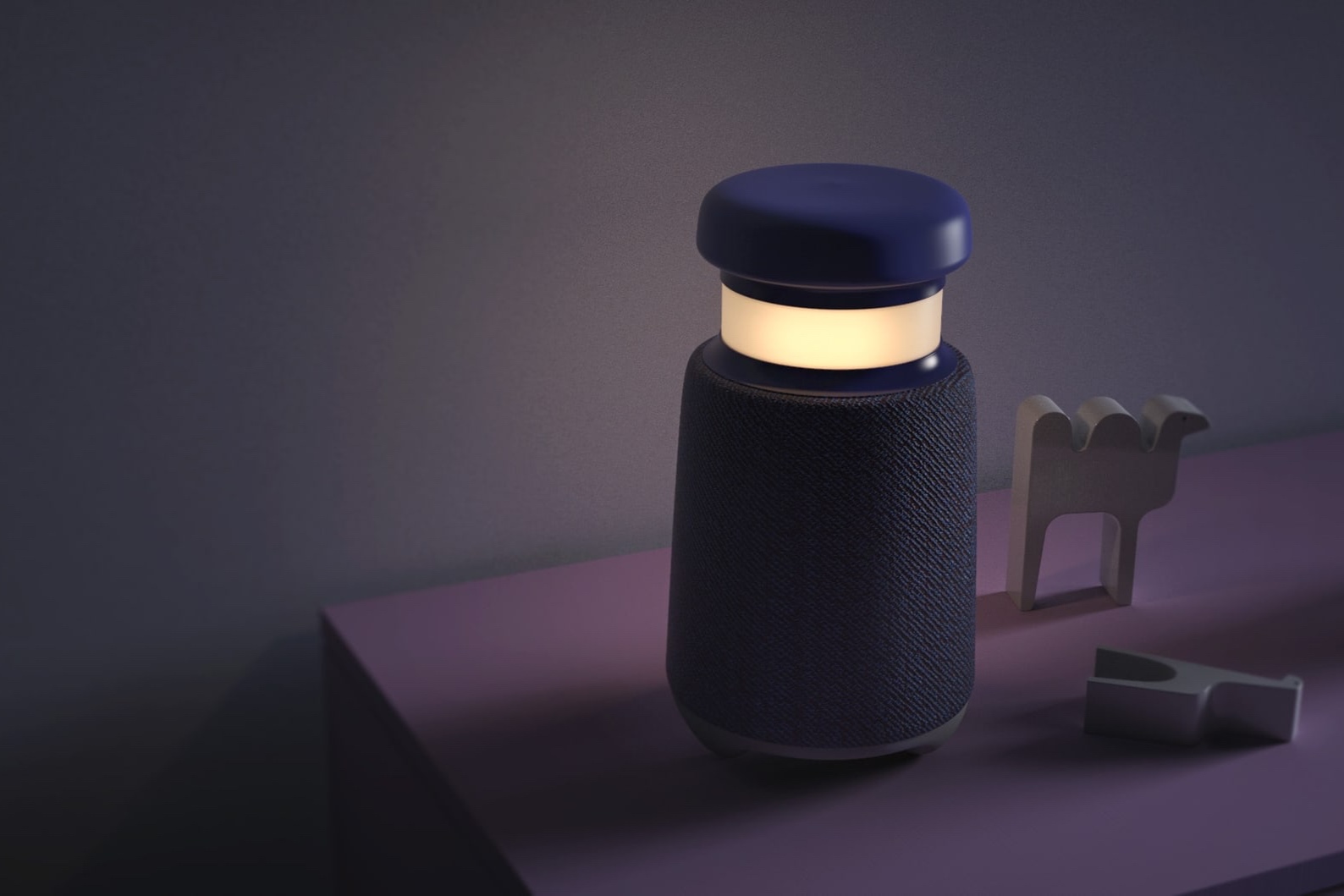
Roger: A Bedtime Story Platform for Consistent Sleep Schedules
Roger is a device that helps children of low-income families get consistent sleep. Designed for the many children whose parents work irregular hours, it aims to get children to bed on time, especially when parents are not available. Created by recent graduate Kevin Cook as part of his thesis, Closer Kin: Building Stronger Family Environments, Roger releases a pre-recorded bedtime story every night at a specified time and gives children an incentive to get to bed on their own.
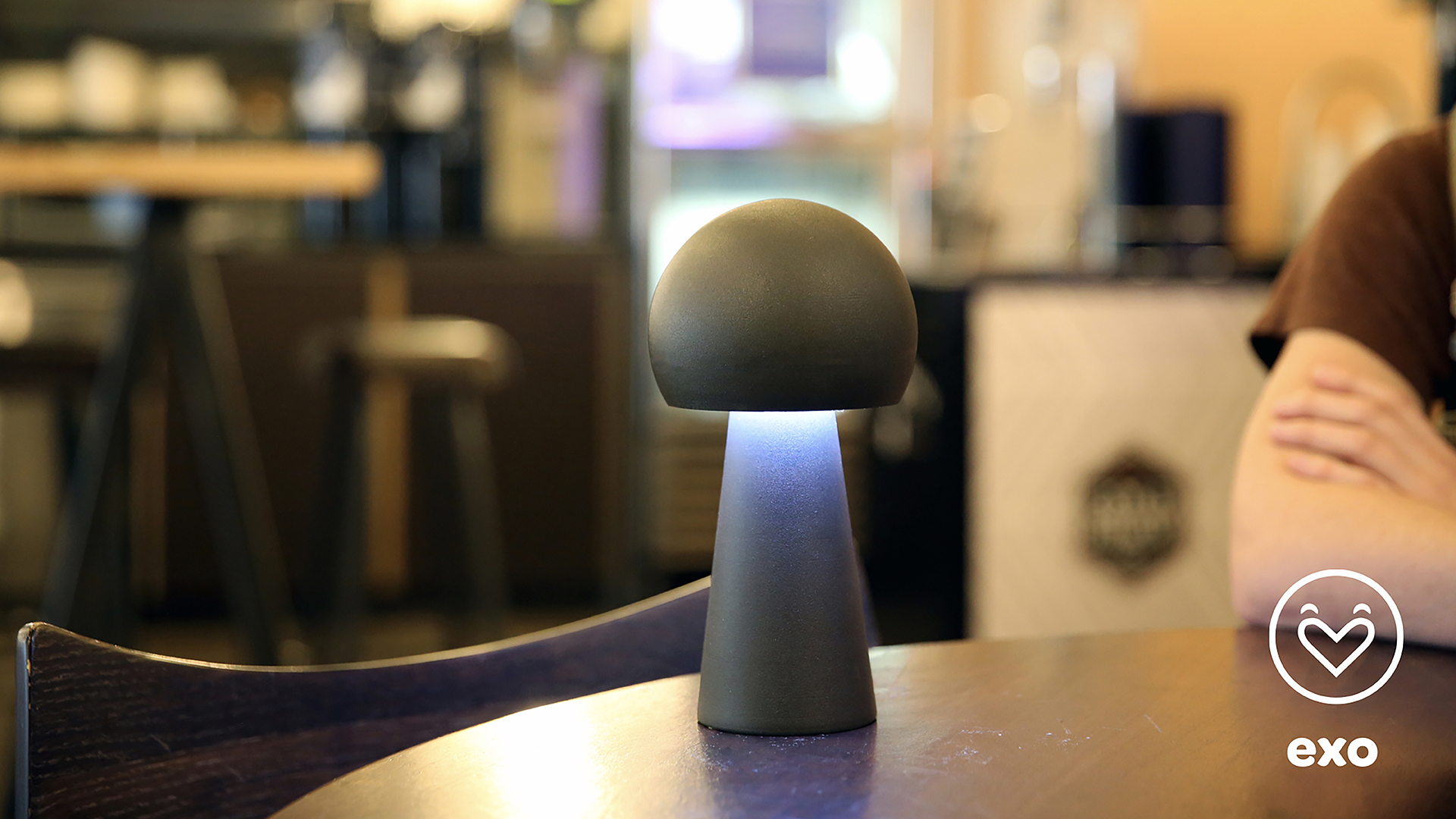
PUBLIC SPEAKING ANXIETY: The Environments That Make or Break Us
As someone who has suffered from public speaking anxiety her whole life, Eugenia Ramos decided to face her fear and treat her condition as a case study and a personal challenge for her thesis, Public Speaking Anxiety: The Environments That Make or Break Us. She designed a set of tools that help people improve their communication skills, overcome the anxiety caused by public speaking.
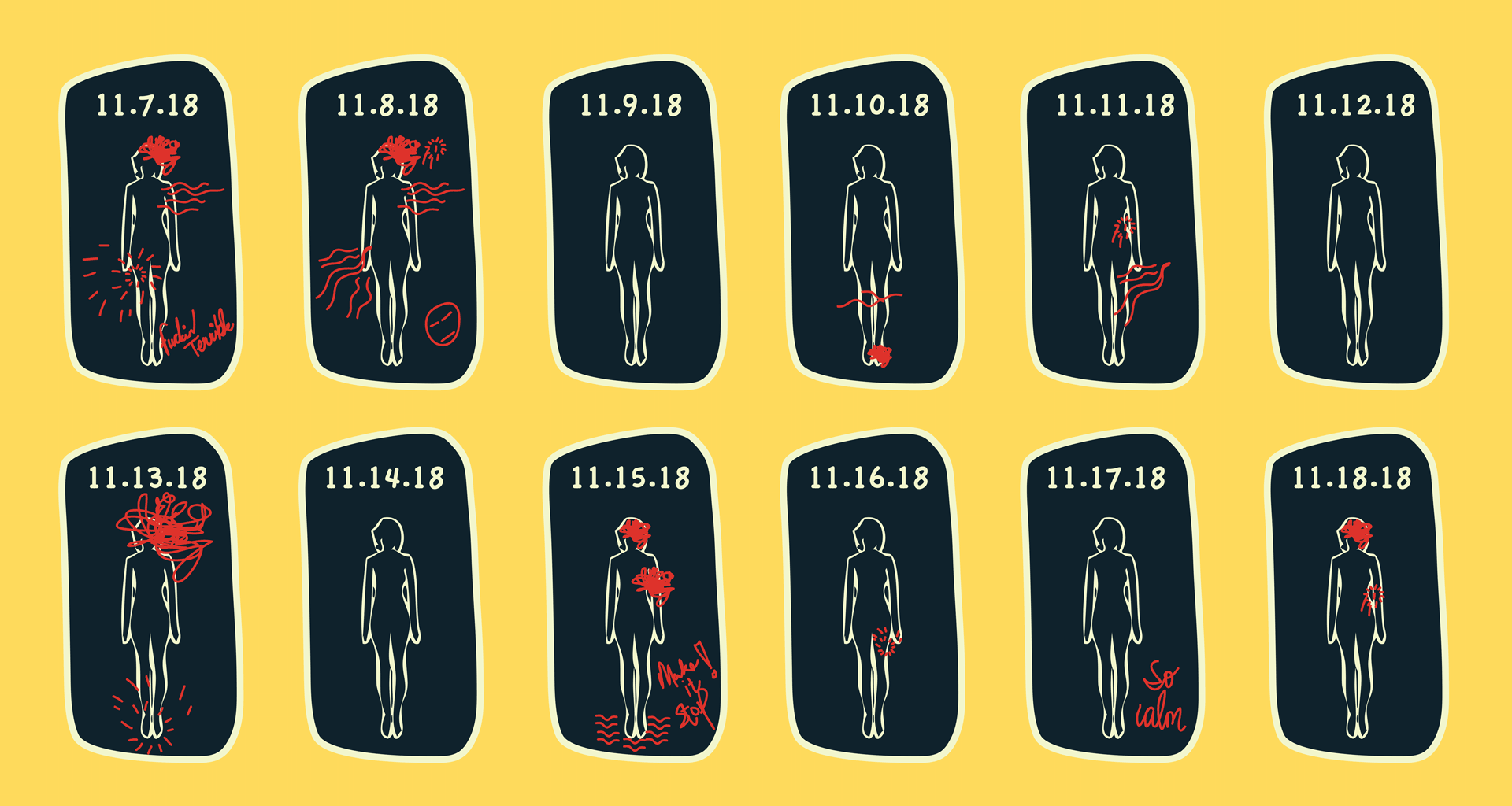
PAINT App Restores Agency to Women in the Doctor's Office
Paint is an app that allows patients to document and describe their symptoms in more than words. As part of her thesis, Hysterical, second-year student Rhea Bhandari designed Paint to help women advocate for themselves while navigating a healthcare system that often dismisses their symptoms, leaving them misdiagnosed and in avoidable pain.
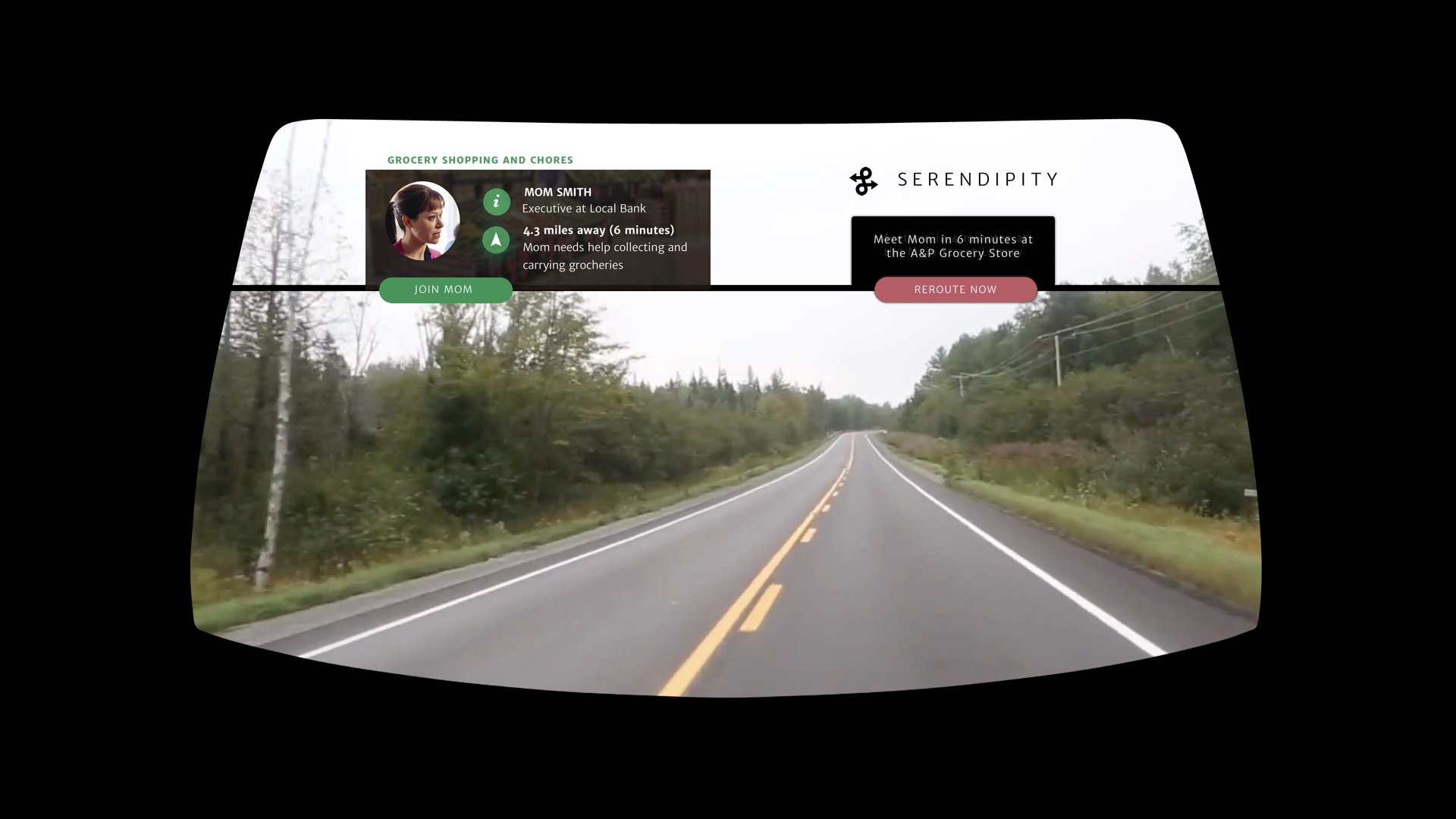
YOU ARE ON THE FASTEST ROUTE: Intentional Community and Responsible Autonomy in the New Motor Age
Lassor Feasley’s thesis You Are on the Fastest Route: Intentional Community and Responsible Autonomy examines how self-driving cars might impact American culture and the habits of everyday life. For many Americans, the traditional motor vehicle mediates access to everything from social and economic connections to childhood independence and family roles. "What happens when the underlying calculous behind motor age culture is rewritten and the way people explore and understand the world is reimagined?”, Lassor asks. Through his research, Lassor wanted to try and anticipate the consequences that autonomous cars might inspire. Over the past year, he has explored the social, the economic, and the ethical aspects of car culture, and leverages the tools of design to imagine how an advanced mobility system might drive positive change.
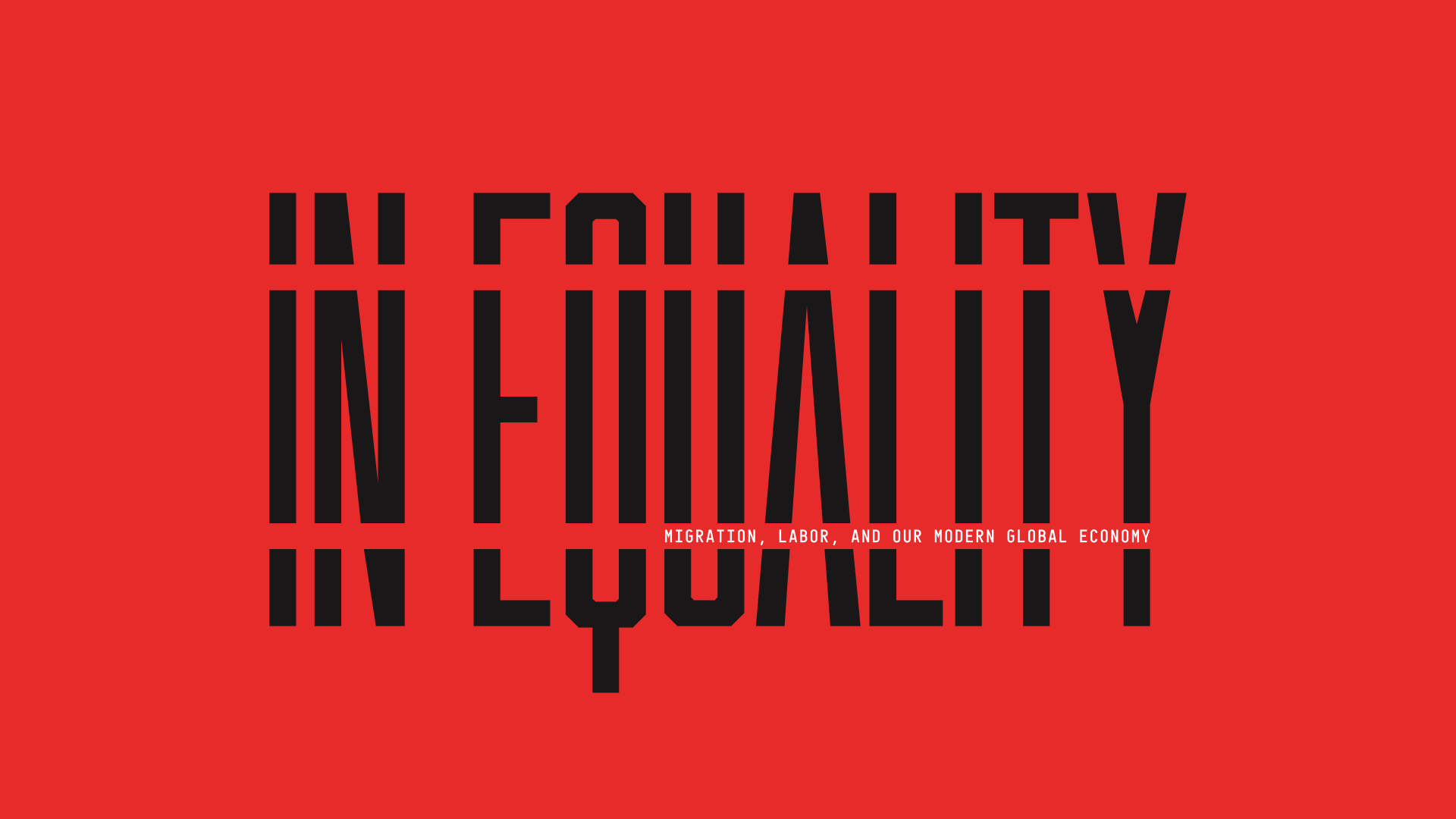
IN EQUALITY: Migration, Labor, and Our Modern Global Economy
Bernice Wong’s thesis, In Equality: Migration, Labor, and Our Modern Global Economy, explores our relationship and role in the interconnected systems that allow some to prosper and others to suffer exploitation or enslavement. She traces the state of labor rights in today’s American agricultural industry back in time to the abolition of slavery in 1865, understanding that agriculture in the U.S. remains rooted in a system historically intended to control and repress the black body. Her design projects seek to intervene where there are structures of abuse, confronting the issues of immigration, exoticism, colonization, and race as intersected and inseparable.
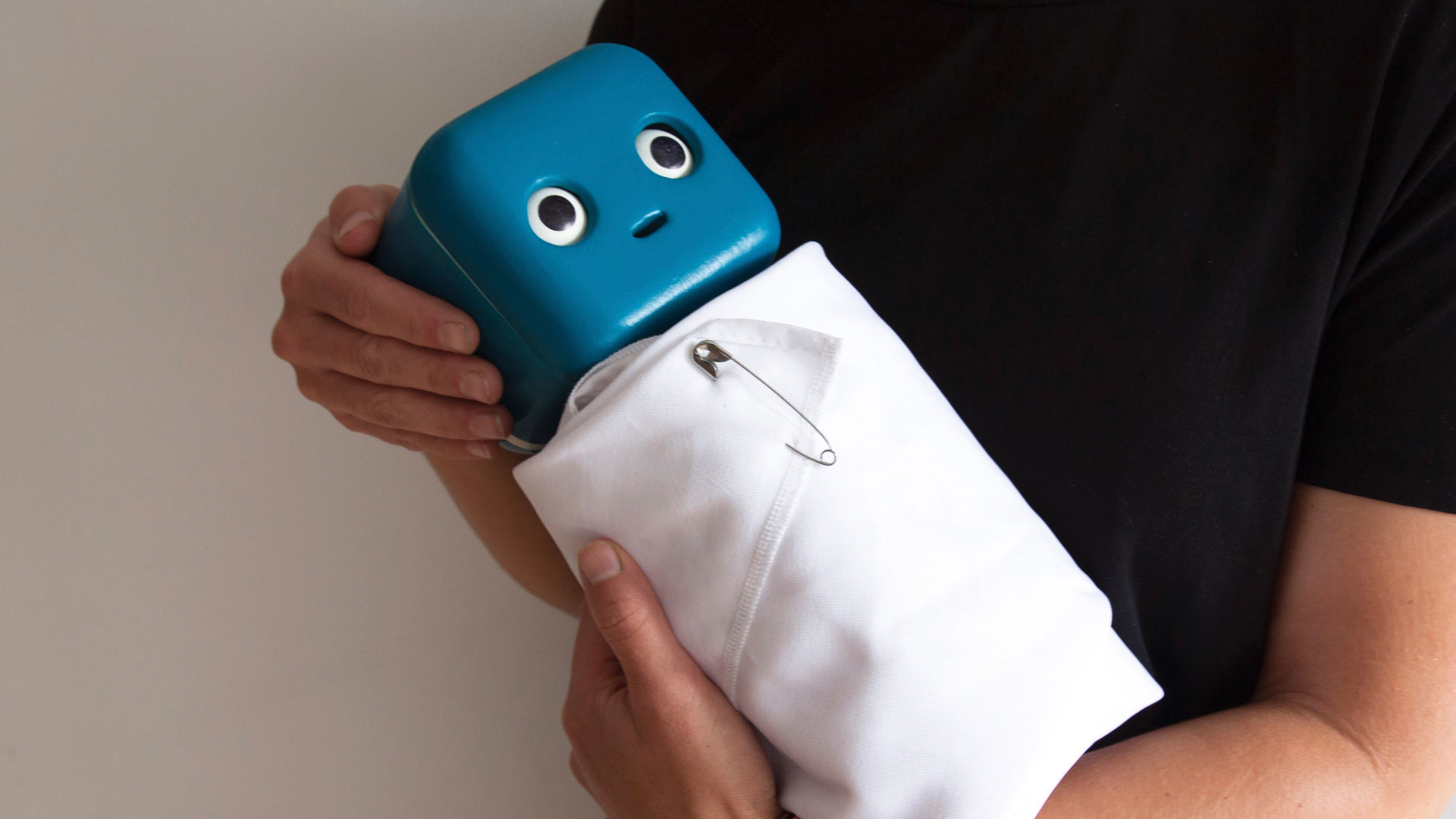
ME, MYSELF & A.I.: How I Learned to Love the Machine That Took my Job
As artificial intelligence’s capabilities continue to expand, there’s a growing anxiety that the impending AI Revolution may automate more jobs than it creates—triggering a crisis of worker displacement to rival the Dust Bowl and the Great Depression. In response, Will Crum developed Me, Myself and A.I.: How I Learned to Love the Machine That Took my Job, a thesis of speculative designs that imagine near and distant futures where AI is used to increase individual agency—not diminish it. Crum’s proposals and provocations address access to work and other ways to protect human dignity in an automated age.
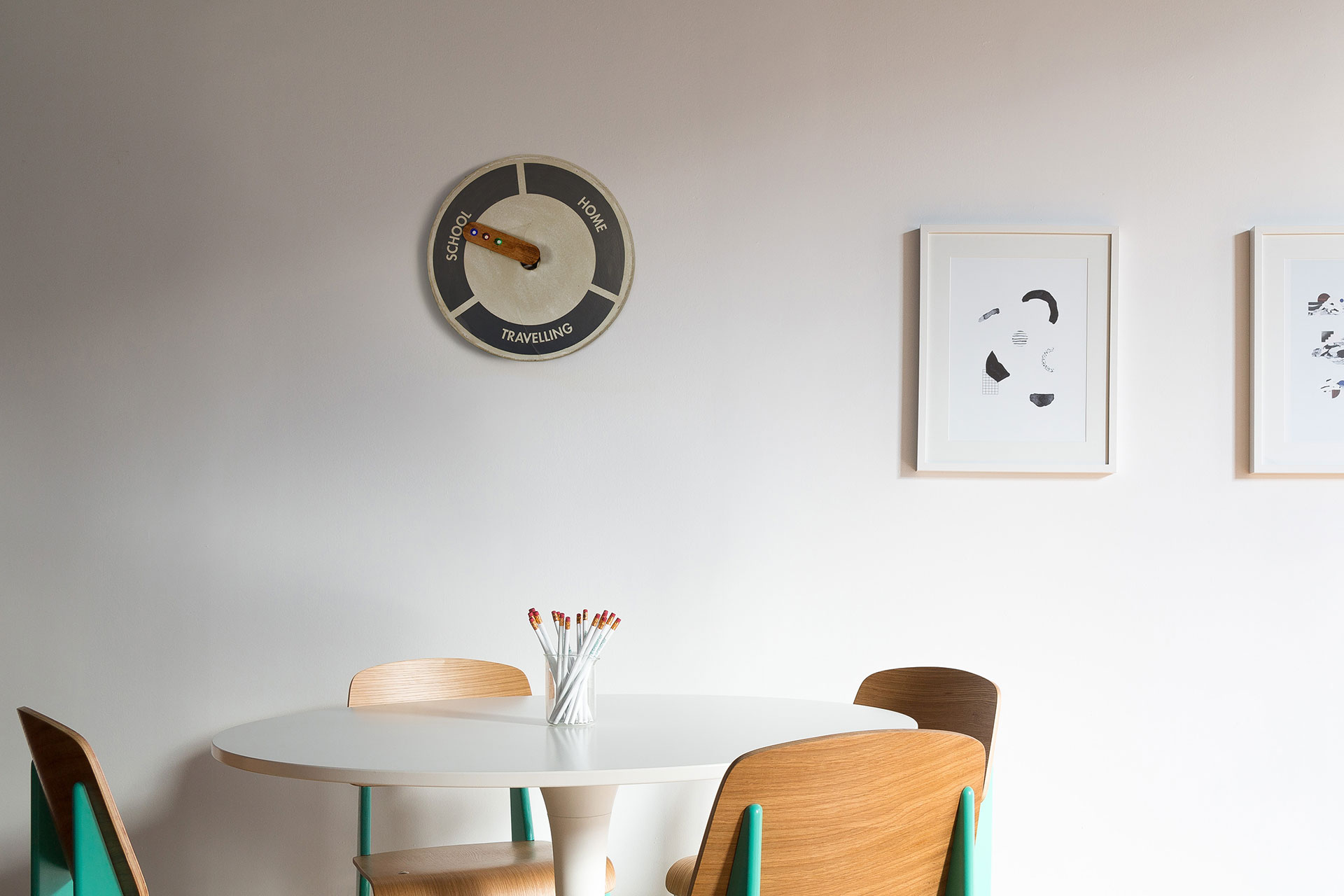
Has Your College Kid Eaten Lunch Today? Eez Clock Will Let You Know!
It's probably the biggest cliché—and the biggest truth—that a long-distant parent wants to know if their kid has eaten, if she's home or at work, and basically know that they're okay. First-year student Smruti Adya's cleaver Arduino-based invention—the Eez Clock—solves the problem by notifying the concerned parent about the general whereabouts of their distant child and whether that child has eaten all the meals for the day.


